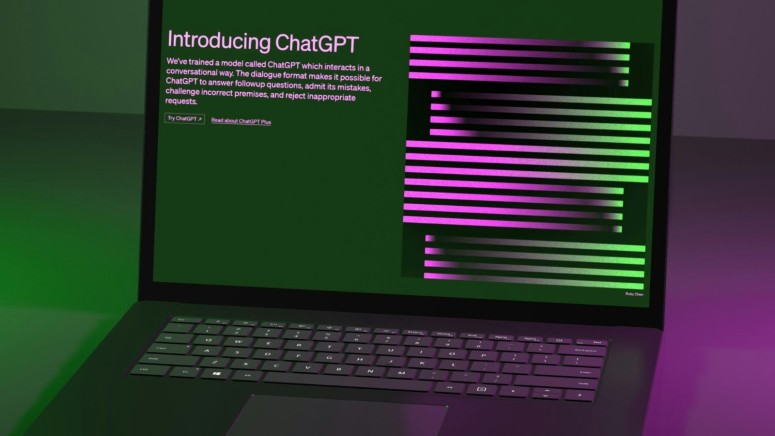
OpenAI Bans Iranian ChatGPT Accounts Used for Interfering in the Upcoming U.S. Election
- OpenAI identified and blocked several Iranian accounts that employed ChatGPT in an influence operation focused on the U.S. elections.
- The individuals behind these accounts used the AI tool to create conflictual content targeting Democrats and Republicans alike.
- ChatGPT was asked to rewrite news articles from legitimate sources and other people’s comments on social media.
The artificial intelligence (AI) company OpenAI banned several Iranian accounts linked to an alleged covert influence operation (IO) focusing on the upcoming U.S. presidential election that used ChatGPT to generate content for various social media accounts and websites. OpenAI identified this operation as “Storm-2035.”
The banned accounts generated content focused on multiple topics, including the U.S. presidential election, the rights of Latinx communities in the U.S. written in Spanish and English, and global events such as the conflict in Gaza, Israel's presence at the Olympic Games, politics in Venezuela, or Scottish independence.
Left-leaning Nio Thinker, conservative Savannah Time, Even Politics, Teorator, and Westland Sun were the websites identified as being part of this IO.
An unnamed Iranian group had been launching various domains with fake news targeting liberal and conservative voters. Among them were Nio Thinker and Savannah Time, which used AI to scrape content from legitimate news sites.
OpenAI said its ChatGPT tool was used to create comments in English and Spanish via ChatGPT for 12 X accounts and one Instagram account, and the actors asked AI models to rewrite comments posted by other social media users. They also posted about fashion and beauty.
The report says there is no evidence this content reached a meaningful audience.
Iranian state-backed threat actor APT42, associated with Iran’s Islamic Revolutionary Guard Corps (IRGC), was confirmed to target high-profile accounts of both political campaigns connected to the upcoming U.S. presidential election.
In May, Iranian government-backed hackers breached the account of a county-level official with minimal access permissions and tried infiltrating the account of an important official via spear-phishing a few weeks after that.
Meanwhile, Tehran’s IOs target European NATO member states, scare Israeli citizens, foment Shi’ite unrest in the Gulf, and suppress perceived opponents of the regime.
The U.S. State Department identified six IRGC-linked Iranian security officials reportedly responsible for the cyberattacks on U.S. water utilities in 2023, offering a $10 million reward for information leading to the identification or location of these individuals.













